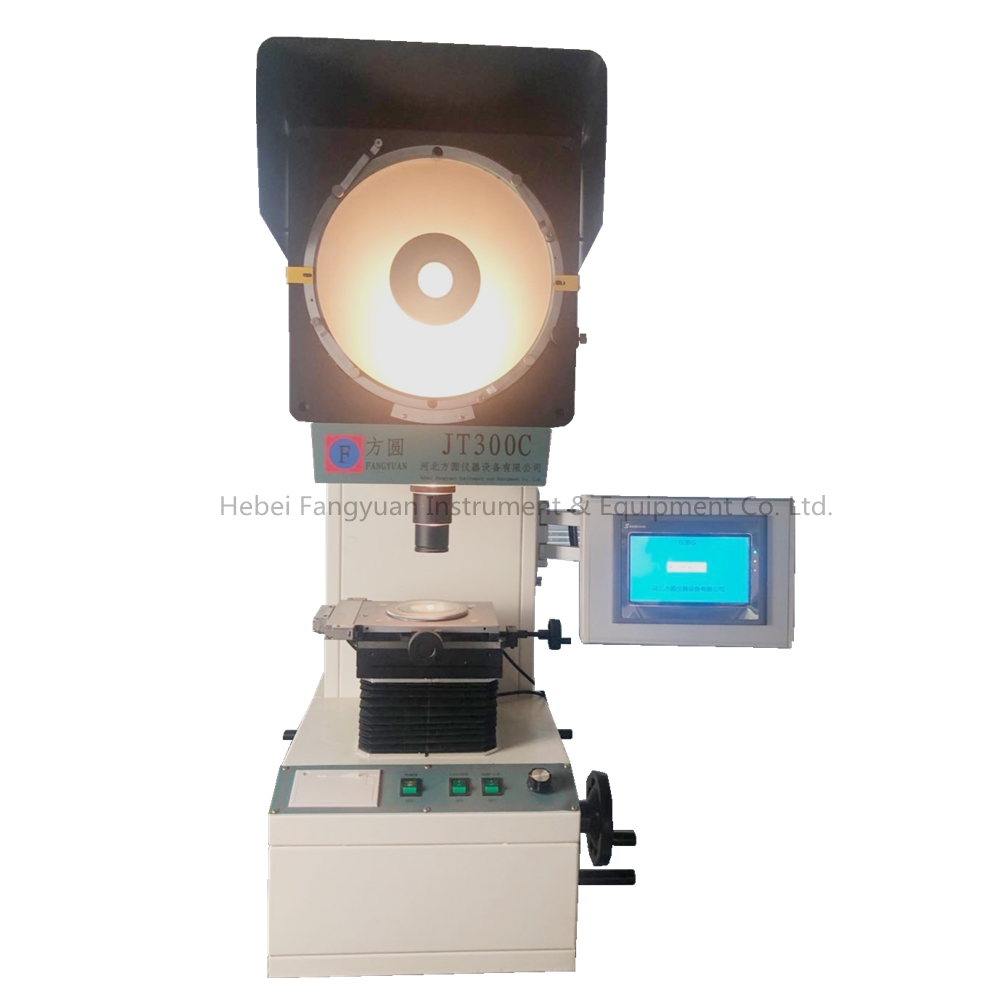custom manual tensile tester machine
Understanding Custom Manual Tensile Tester Machines
In the field of material testing, tensile testers play a crucial role in determining the mechanical properties of materials. Among various types of tensile testing equipment, custom manual tensile tester machines hold a special place due to their flexibility and adaptability to specific testing requirements. This article explores the significance, design, and applications of manual tensile tester machines in materials science.
What is a Tensile Tester?
A tensile tester, often referred to as a tensile testing machine or universal testing machine, is designed to apply a controlled force to a material specimen until it deforms or breaks. The key parameters measured during this process include tensile strength, elongation, yield strength, and modulus of elasticity. This data provides valuable insights into the material’s performance under stress and is essential for quality control, research, and development processes in various industries.
The Advantages of Custom Manual Tensile Tester Machines
Custom manual tensile testers are specifically designed to meet the unique needs and specifications of users. Unlike automated systems, which can be expensive and require complex setups, manual tensile testers are more accessible and cost-effective for small-scale operations and laboratories.
1. Cost-Effectiveness Manual testers typically require a lower initial investment compared to automated systems. This makes them an attractive option for smaller businesses, colleges, or research institutions operating within a limited budget.
2. Simplicity and Ease of Use The manual operation allows users to have direct control over the testing process. Operators can easily adjust the loading rates and monitor the test more closely. This hands-on approach can be beneficial for teaching and training purposes, as it enables new technicians to understand the principles of material testing.
3. Flexibility Customizations to the machine allow for adaptability according to the specific material types or testing requirements. Whether testing metals, plastics, textiles, or composites, the setup can often be adjusted for different sample sizes and shapes, increasing its functionality.
4. Hands-On Experimentation In educational settings, manual tensile testers are invaluable tools. Students can engage in practical experiments, learning about stress-strain relationships, material properties, and the impact of various forces on different materials.
Design Considerations
When designing a custom manual tensile tester, several factors need to be considered to ensure accurate and reliable testing results
. These includecustom manual tensile tester machine

- Material and Construction The frame of the tensile tester should be robust enough to withstand significant forces without deforming. High-quality materials such as steel or aluminum are commonly used for durability and precision.
- Grip Design The gripping mechanism is critical to prevent slippage during testing. Custom grips can be designed to accommodate various sample geometries while ensuring uniform loading.
- Loading Mechanism Manual units may utilize screw-driven mechanisms or hydraulic systems for applying force. Choosing the right mechanism can greatly influence the ease of operation and the range of force application.
- Measurement Gauges Depending on the complexity of testing required, integrating digital or analog measurement systems for strain and force can enhance the quality of data collected during tests.
Applications of Manual Tensile Tester Machines
Custom manual tensile testers are widely used across different industries and research fields. Applications include
- Quality Control Manufacturers use tensile testers to ensure materials meet specified requirements before production.
- Research and Development Engineers and researchers conduct experiments to explore new materials and improve existing ones, making tensile testers essential tools in laboratories.
- Educational Uses In schools and universities, manual testers are commonly employed in engineering and materials science departments to facilitate hands-on learning experiences.
Conclusion
Custom manual tensile tester machines are invaluable tools for material testing, combining cost-effectiveness, flexibility, and hands-on operation. Their ability to be tailored for specific needs makes them an essential part of laboratories, factories, and educational institutions alike. By understanding the features and benefits of these machines, users can make informed decisions that enhance their material testing capabilities and contribute to the advancement of materials science.
-
The Role of Tensile Force Testers in Quality Control and Material Science
NewsAug.01,2025
-
Maintenance and Safety Tips for Aging Ovens
NewsAug.01,2025
-
Density Balance in Forensic Science
NewsAug.01,2025
-
Advanced Optical Measurement Technologies
NewsAug.01,2025
-
A Buyer’s Guide to Tensile Test Machines
NewsAug.01,2025
-
Why the Conductor Resistance Constant Temperature Measurement Machine Redefines Precision
NewsJun.20,2025
 Copyright © 2025 Hebei Fangyuan Instrument & Equipment Co.,Ltd. All Rights Reserved. Sitemap | Privacy Policy
Copyright © 2025 Hebei Fangyuan Instrument & Equipment Co.,Ltd. All Rights Reserved. Sitemap | Privacy Policy

